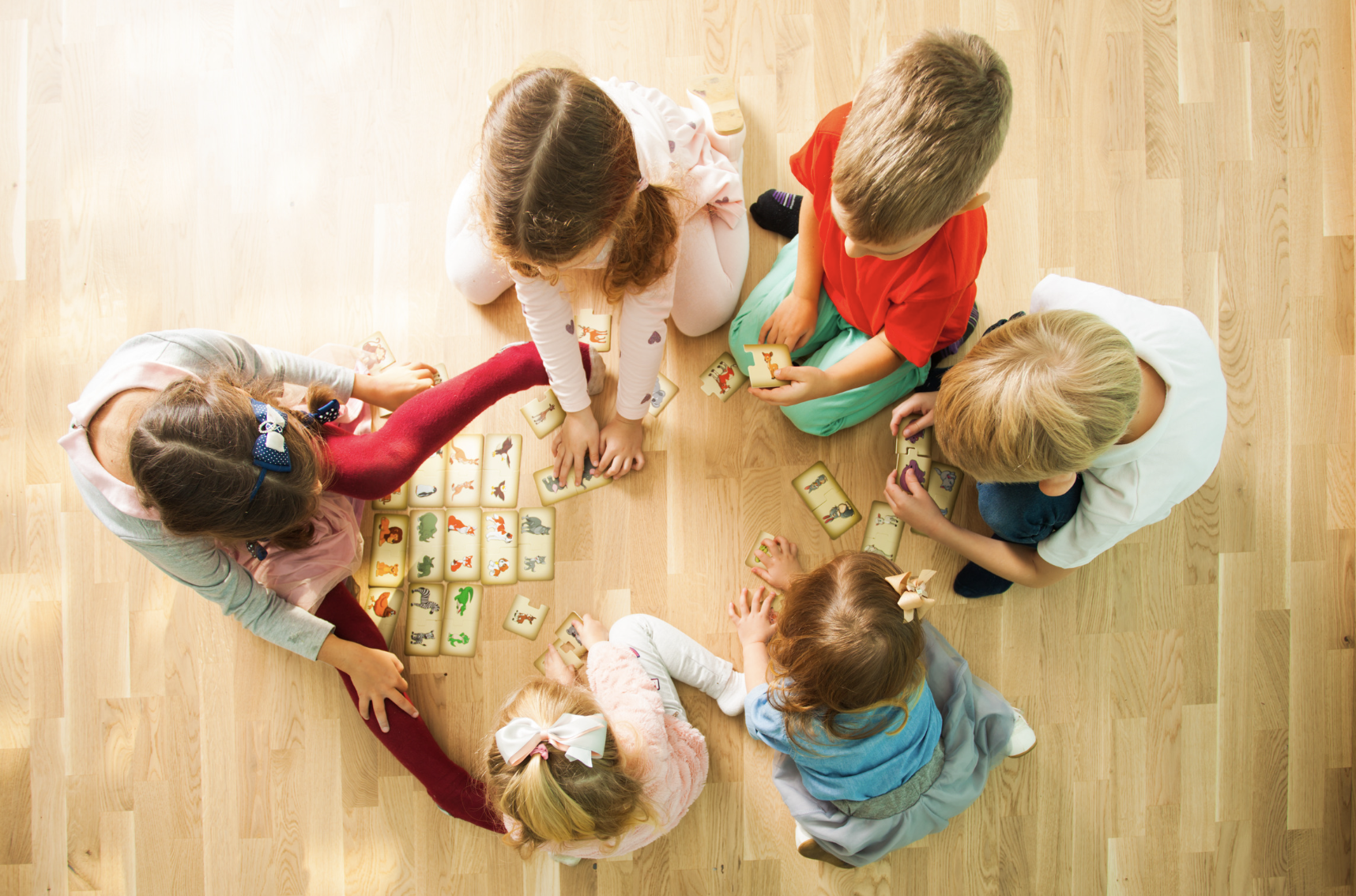After parents and siblings, peers also significantly affect a child’s mental development and choices. This is because the child is closer to immediate family members and, after them, with friends in school, where he spends half of his time.
This article discusses how peers influence a child’s mental development and how to manage that.
How do peers influence a child’s mental development?
Sometimes, you will find your children doing stuff against their will; however, they do those things to be accepted by their peers, and sometimes, they do stuff to get acceptance by their peers or by getting impressed by them.
Most of us are aware of peer pressure, but it would be more suitable to say peer influence as your child shapes himself according to his peers just for acceptance. However, peer influence can be positive, for example, involvement in co-curricular activities, or harmful, for example, smoking. Some peer influence results are mentioned below.
- Choosing the same clothes, hairstyles, or jewelry similar to their friends
- Listening to the same music
- Opting for the same talking style
- Doing risky things together
- Work hard in school or not
- Smoking
- Taking part in hostile activities
Types of peer influence children face
There are six types of peer pressure faced by children. Every kind of influence has its way of affecting a child’s mentality.
- Spoken peer pressure
In this, peers ask to adopt a behavior as a group. This peer pressure can be felt much more potent than other types.
- Unspoken peer pressure
In this type, a child adopts a behavior just by observing the choices and behavior of other peers.
- Direct peer pressure
This type of peer pressure is more challenging as it targets children directly. In this type, a child feels discomfort in that environment. It can be spoken or unspoken.
- Indirect peer pressure
In this type, children choose how to respond and behave; their internal voice affects them. It can be due to the surrounding they observe.
- Positive peer pressure
A child engages in a healthy activity, whether direct, spoken, or unspoken.
- Negative peer pressure
The child is unwilling to do something, but they are forced to do it somehow, or they just get accepted.
- How can parents balance peer pressure?
It is normal to worry about your child if your child is influenced too much by their peers. For example, they are changing their values and choices to fit in with their peers. In addition, if they are wagging school or smoking.
If your child is opting for healthy things and adopting different ways to communicate, then there is no need to point out your child and put pressure on the child. Moreover, if you become successful in making your children confident about who they are and their choices, they will be less likely to come under the influence of their peers. They will be content with their choices and values.
Tips for balancing out peer pressure
- Encourage your child to invite friends at home.
- Negotiate with your child about habits you don’t like in him.
- Listen without judging your child.
- Compromise with your child in some places, like wearing certain clothes.
- Build confidence in your child.
- Encourage self-compassion in your child.
- Make them non-hesitant to ask you if they feel any difficulty.
- Teach them the importance of saying “No”.
Takeaway home
Peer pressure is a normal phase where your child gets influenced by their peers, which could be positive or negative. However, you can help your child learn to say no to situations they don’t consider suitable. Build confidence, listen to them without judgment, become their friends, and give them an environment where they feel comfortable sharing their matters with you.

